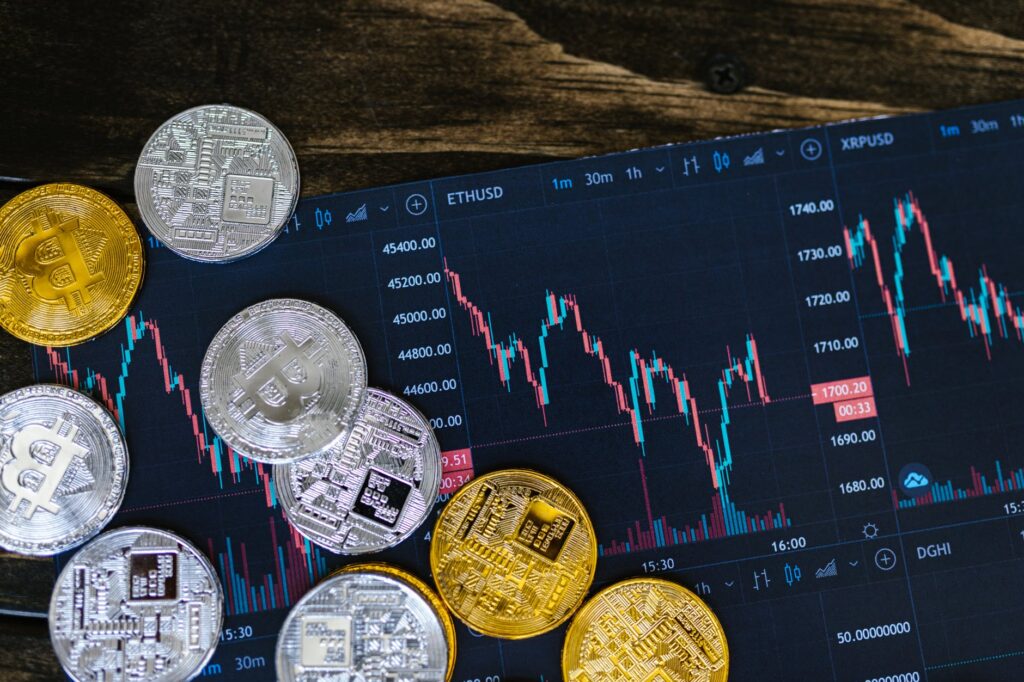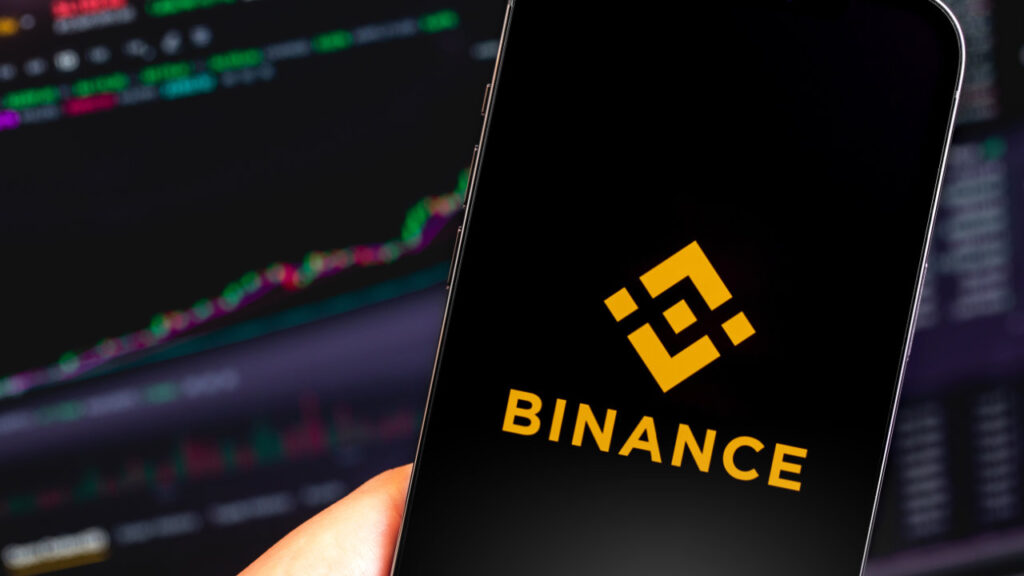Introduction (Cryptocurrency and its Adoption over the last couple of years) At this point, everyone knows what cryptocurrency is. A cryptocurrency is a virtual or digital form of currency that is made highly secure by cryptography. That security in turn makes it very difficult to counterfeit the currency. It is a form of payment that can go into circulation without the need for a governing body or a central authority like a bank.
Cryptocurrency has seen a lot of adoption into the mainstream over the last couple of years with some impressive statistics to be shown:
- Between 2013 and 2021, there have been more than 4000 cryptocurrencies created
- It is predicted that by 2021, the global blockchain market should rise to $23.3 Billion

Cryptocurrency exchanges, examples, and the need for them. Intro to the types
To trade cryptocurrencies, every user requires a cryptocurrency exchange. A cryptocurrency exchange is a platform that handles the trading of cryptocurrencies in the way that stock exchanges handle the trade of stocks.
Cryptocurrencies are booming in the world right now and investors are getting into the space, to do that, a cryptocurrency exchange is required. Different types of crypto exchanges are widely used, namely:
- Centralized Cryptocurrency Exchange (CEX)
- Decentralized Cryptocurrency Exchange (DEX)
Both of these exchanges come with their pros and cons and this article is meant to help you understand what the two are their pros and the cons associated with both types of exchanges.
There are more than 300 cryptocurrency exchanges that support active trading for their clients. Coinbase had about 43 million users at the end of 2020. There are 68 million cryptocurrency wallet owners. The majority of these
- There was a point in 2021 when there were about 900 new coins in the market every day
CEX and DEX
A Centralized exchange (CEX) is a platform that operates like the banks. A CEX allows traders to buy, sell and exchange cryptocurrencies against prevailing fiat currencies or other cryptocurrencies. They are a market for tokens, and the service provided by CEXs are fundamental to the cryptocurrency ecosystem as these exchanges enable payments to occur and be integrated with fiat currencies. This simply means that you can buy and sell crypto using normal currency such as USD, EUR, GBP, or NGN. The most popular Centralized exchanges are Coinbase, Binance, Kucoin, Whitebit, Bitfinex, Bittrex etc.

A centralized exchange acts as a middleman to facilitate trades, there are systems in place that make it quite similar to a traditional stockbroker. They also have offices and employees to solidify their similarities to banks.
A Decentralized exchange (DEX) on the other hand is a platform for the exchange of cryptocurrencies that does not involve the use of a third party. Anyone looking to make transactions without having to go to a bank employs the use of DEXs. These exchanges function using algorithms and smart contracts that have been put in place to execute once some previously set conditions are met. The majority of DEXs run on the Ethereum blockchain due to smart contract functionality. Examples of decentralized exchanges include Uniswap, PancakeSwap etc.

Pros of CEX and DEX
The importance of a cryptocurrency exchange has been discussed above and every cryptocurrency user is likely to choose a type of exchange to use. As with all things, there are advantages to using either a CEX or a DEX.
The advantages that a CEX provide include:
- They are reliable. CEXs have this air of assurance due to the extra level of security afforded in aspects of transactions and trading. They are also licensed companies behind them which means there are proper regulations in place.
- They offer a beginner-friendly way of trading and making investments in cryptocurrencies. This is in stark contrast to the complexities that are crypto wallets and peer-to-peer transactions.
Other benefits of CEXs are:
- Presence of Customer Support
The advantages that come with using a DEX include:
- Rather than Centralized exchanges where there are limited choices for trading, Decentralized exchanges have a large array of cryptocurrencies available to be traded with.
- There is total anonymity within DEXs. There are no requirements for filling out know-your-customer (KYC) forms which could include very personal details that could be dangerous in a hack of a leak.
- Distributed hosting is a common occurrence with Decentralized exchanges. This limits the risks and exposure to infiltration and attacks by bad actors.
Other benefits associated with DEXs are:
- Profit by Liquidity
- No third party, hence custody of your crypto at all times. There is no need to surrender control of personal keys for transactions.
Cons of both CEX and DEX
Also with all things, there are disadvantages to both of them.
The disadvantages that come with using a CEX include:
- To register and use a CEX, you have to give up some personal data. No matter the security involved, personal information collected can be breached one day and if privacy is a major concern for you, then CEXs could be a problem.
- The presence of a third-party system means that a user is not in total control of their holdings at all times.
- There is a risk of hacking. These exchanges are owned by companies that are responsible for the holdings of their customers making them prime targets of hacks and thefts. A popular incident of such is Mt.Gox
Other issues include:
- It is a company, so it could go bankrupt.
- The processes are not entirely transparent so these exchanges could be accused of manipulating prices and conducting insider trading
DEXs are not without their issues such as:
- A major problem with DEX is its limitations. A DEX can only trade using the cryptocurrency that the Blockchain was created on. Simply put, you can only trade on Uniswap with Ethereum and Pancakeswap with Bitcoin.
- There’s almost no security in the DEX world. If you’re scammed, there is no way that it can be changed, or rectified. The self-security employed in the DEX world also means that if your password and seed phrase is lost, there is no way for it to be reset and you’re locked out.
- Scam Tokens are rampant in these exchanges. Since there is no regulation, anybody could create a token and put it up. Engaging in these tokens can result in massive losses of which you are solely responsible.
Other issues include:
- No customer service
- Lack of FIAT
- Gas Fees
Closing thoughts on situations that require both to be used.
You should now have enough knowledge on what exchanges are, the types of exchanges that are available as a crypto trader. You should also be aware of both the advantages and disadvantages of the types of exchanges on offer to you. Many traders use both as a way to combine both their advantages and disadvantages and it’s a step you could take also. There is a level of trustlessness associated with decentralization and it is up to the user to take careful decisions.
- THIS IS NOT FINANCIAL ADVICE



